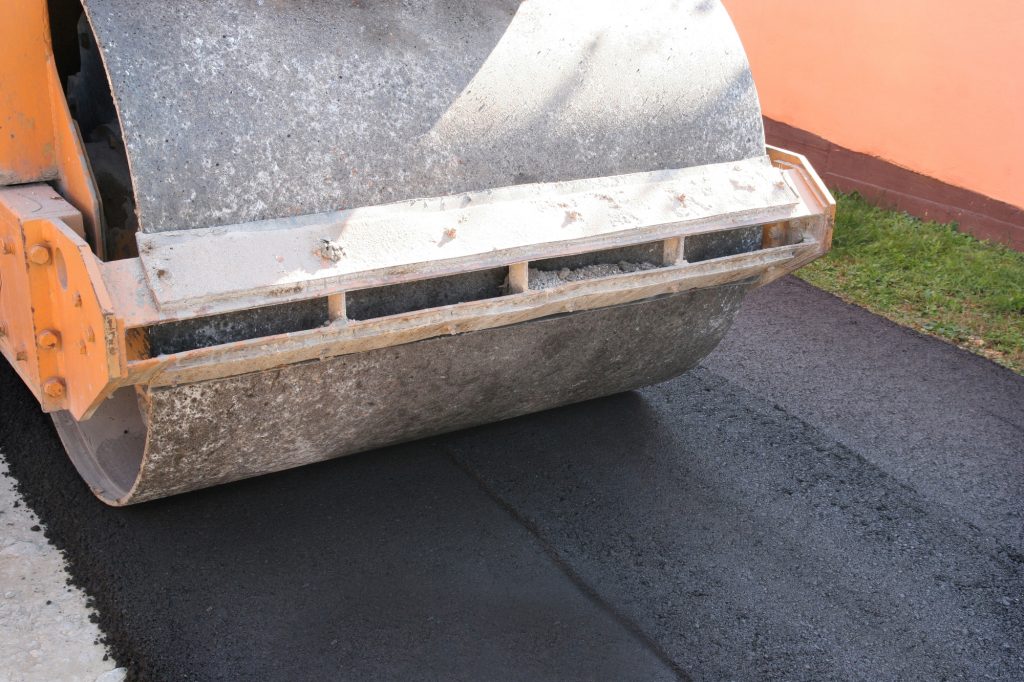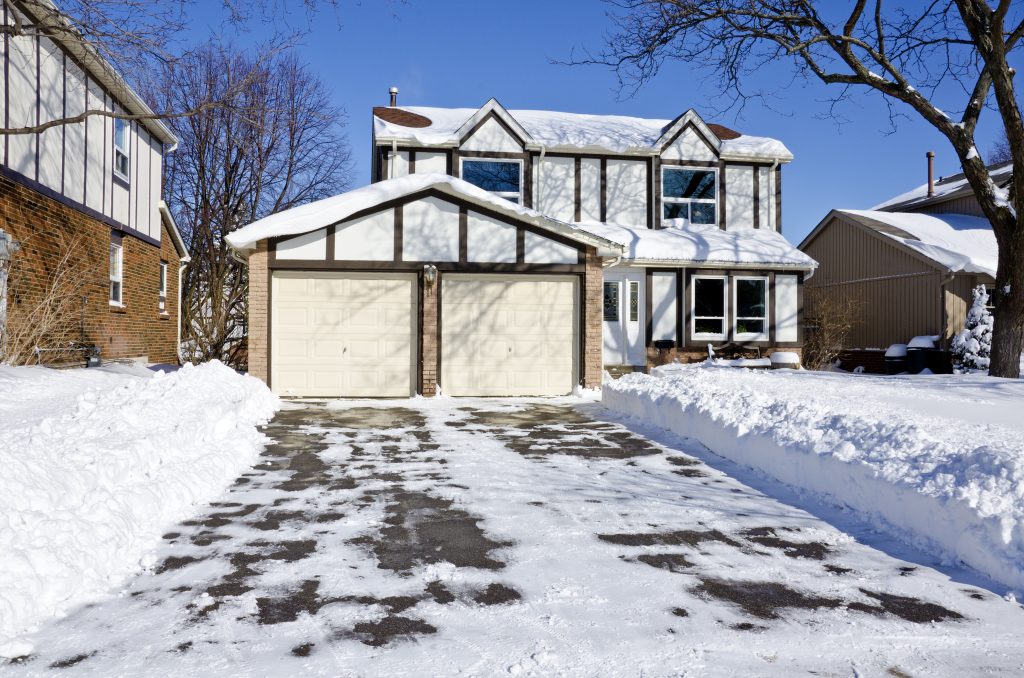Okay, so your driveway needs some serious repairs. When planning a full restoration job, there are many things to consider. One BIG thing you need to think about is the type of asphalt mixture that is best for your property. There are several good-quality mixes available (hot, warm, and cold mix, to name a few), but it really depends on your needs as a homeowner. Let’s discuss a few options for you.

Hot Mix Asphalt (HMA)
Hot mix asphalt (HMA) is the traditional mixture type and requires heating at anywhere from 300-350 degrees at a production facility prior to being laid. This mixture is a combination of aggregate such as gravel or sand which is held together by asphalt cement. Once it arrives at the site, it is poured while hot and cools relatively quickly once applied. This type is best for projects like residential driveways and commercial lots.
Warm Mix Asphalt (WMA)
Warm mix (WMA) is similar to HMA except it is heated at lower temperatures (an average of 75 degrees cooler). Additives are used to thin out the binder in the mixture so that it can be heated at these lower temperatures. Because of this, there are many benefits of using WMA for your paving jobs. Because lower temps are used to produce this mixture, it saves time, money, and preserves the use of non-renewable energy. WMA can also be laid at various temperatures and weather situations. Because it cools more slowly (since it’s heated at lower temperatures) it can be laid when it’s cooler outside. HMA, on the other hand, can only be placed when it’s warmer outside to avoid the asphalt from cooling too quickly.
Cold Mix Asphalt (CMA)
CMA is laid, you guessed it, cold. Like WMA, CMA uses additives that allow it to be placed at cooler temperatures. With CMA, oils are also used in the mixture. This type is not as durable as warm and hot mixes are; however, it’s good for smaller-scale projects like fixing potholes or on surfaces that don’t have a lot of traffic. One positive factor of this mixture type is that because it usually uses higher amounts of coarse aggregate, the driveway or road ends up being more porous which helps with water drainage.
How to Pick the Best Mix For Your Project
We’ve discussed only a few important considerations when deciding on the best asphalt mixture for your project. If you have a commercial parking lot that needs repaving, we suggest you go with the traditional hot mix because it’s more durable and thick than the other two mixtures. HMA can withstand heavier, more frequent traffic and will likely last longer.
On the other hand, if you’re looking to repave your residential driveway or road, then either hot or warm mix are good options. It also depends on the time of year you are repaving in. If your project cannot wait and it’s during the cooler months, then WMA might be the better option. However, if it’s warmer outside, HMA is the way to go!
Finally, if you just need a quick and small repatch or repair job that can hold on until the warm weather returns, then CMA is a nice choice as it’s best used on either small areas or on areas that don’t face a lot of vehicle traffic. It’s the perfect choice for those who simply need a quick fix that they can later fix with a more durable, lasting mixture later on.
When in Doubt, Hire a Pro
If you’re unsure which asphalt mix is the best for you, don’t hesitate to call your local paving company! A professional is experienced and knowledgeable on the best, most popular paving mixtures and will know which option is best for you. Give Calvert County Asphalt Paving a call today and we’ll get you started with a free estimate!
